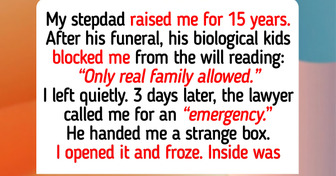Do you know anyone who’s gone through this phase? Answer : My mom
Signs Your Spouse Is Having a Midlife Crisis and What to Do to Help Them

Almost 25% of people experience a midlife crisis that is caused by aging, a lack of accomplishments in life, and problems or regrets about things from the past. People either have to accept it and move on with life or take some steps to make their expectations match reality.
We at Bright Side know that seeing your spouse struggle through a problem may feel heartbreaking. That’s why we studied the signs of this crisis and how to act, so you will know what to do to help your loved one. Don’t forget to check out the bonus to find the silver lining about this phase.
1. Declining happiness and life satisfaction
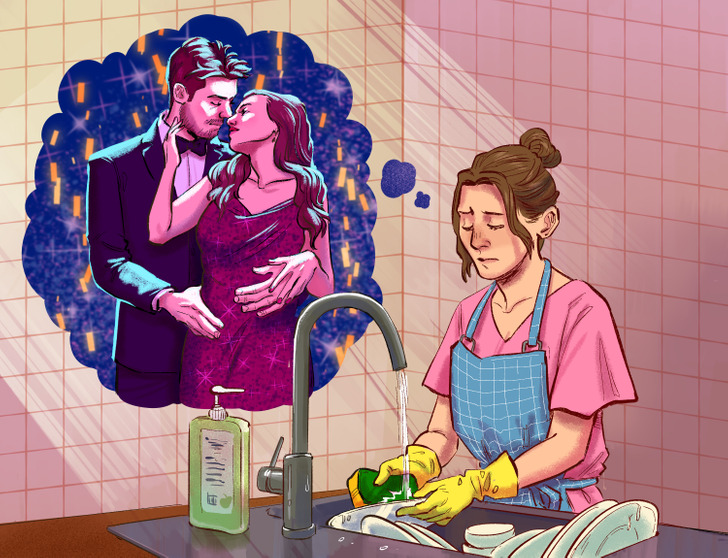
While people start their life full of excitement and energy, by the time they are middle-aged many of them report life satisfaction to be at the lowest point in their lives. Researchers say that during life, happiness has U-bend, and the moment it hits the bottom is the sign of a midlife crisis. The good news is that after the crisis, the joy and satisfaction with life are on the upswing again.
2. Change in behavior
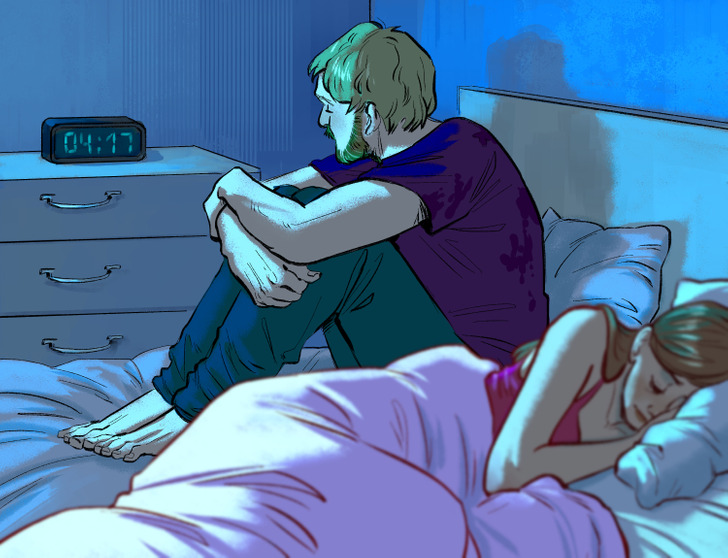
For all mental crises, it’s typical to see changes in someone’s habits. The person might change their sleeping routine, start caring less about hygiene or simply eat differently. Sometimes these changes are more abrupt and obvious, for example, there is a stereotype that men, during this period, start purchasing luxury items, like expensive cars.
3. Feelings of emptiness

Another sign that your spouse is going through a tough phase is the fact that they might think that their life is lacking some excitement and meaning. Thinking about the inevitable aging they are facing, it might seem like the last chance to do something cool and crazy, to make life memorable. For some, it might lead to rash and harmful actions, for others, it’s a chance to fulfill a lifelong dream.
4. Questioning long-held beliefs

Both men and women are prone to reevaluating their life choices. A person who seemed to be happily married might file for divorce. Or, someone who enjoyed life in a rural area might want to move to a big city. If your loved one starts to change their life values, be patient. It might be just a phase, or with the help of this crisis, they will understand themselves better and will have a more conscious life.
5. Intense feelings of nostalgia
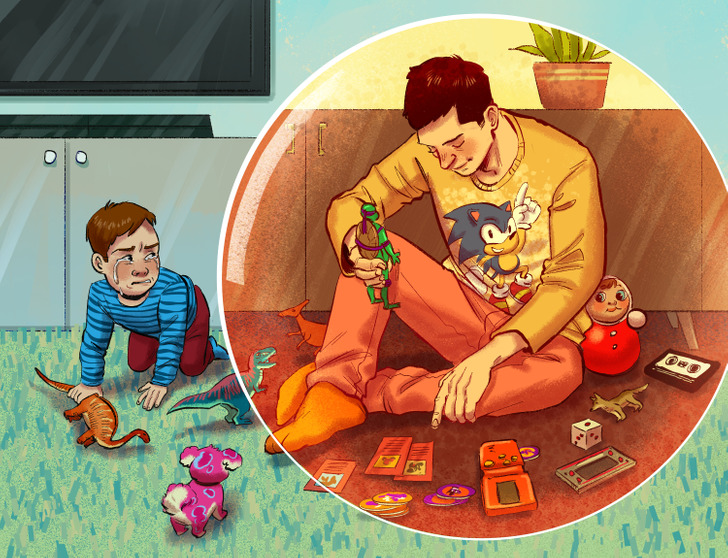
While the lives of people who are around 40 have settled into more or less permanent shapes, they might become nostalgic for the past. From cool toys you had as a teenager to times when there was more freedom and fewer responsibilities, there are plenty of things a person can miss. While experiencing the midlife crisis, the person might get stuck with the idea that the past was better.
6. Constantly comparing themselves to others

People might start to compare their lives with other people’s and, usually, the score seems to not be in their favor. Suddenly it seems like everyone around them is happier, wealthier, has a better career, etc. If you’ve noticed that your loved one has started counting times in which they’ve fallen behind the race, it’s time to remind them of all the accomplishments they achieved in their life.
What you can do to help your partner
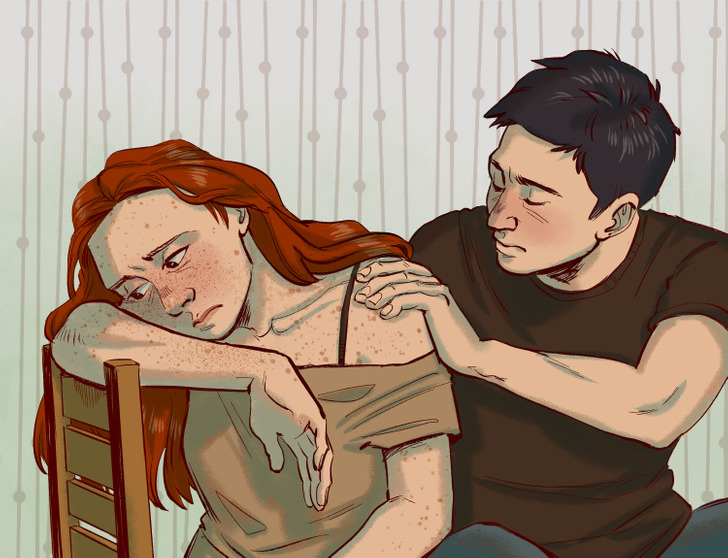
This crisis is different from depression, it gets better with time, so be patient with your loved one. A few things you can do to allow them to undergo this midlife transition:
- Listening to your loved one without judgment and trying to have a healthy conversation.
- Give them the time and space to resolve their feelings.
- Pursue your own interests. When your partner is going through a crisis, it might be depressing, so it’s the perfect time to focus on yourself more.
- Seeing a therapist with a spouse who is experiencing a midlife crisis can be very beneficial.
Bonus: This emotional crisis has a positive side too.

While it’s a tough time for the whole family, this crisis has a silver lining: the person becomes very curious. While doing a complete 180 can cause trouble, some exploration can be a good thing and can help a person learn more about themselves and have a more conscious life.
Do you know anyone who’s gone through this phase? In your opinion, what is the most effective way to overcome these tough times?
Comments
the most effective way to overcome these tough times is have more social life, hobbies, interests.
Related Reads
My Daughter Disrespected My Sacrifices—And I Refused to Let It Slide
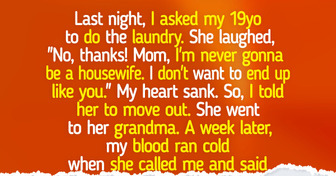
17 Moments That Remind Us Kindness Is a Choice, Not a Mood

I Refuse to Name My Baby After My Mother-in-Law, She Crossed a Line

I Refuse to Return to the Office After My Coworker’s ‘Prank’ Revealed His Darkest Secret
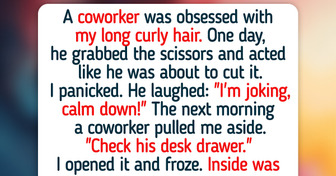
11 Employees Who Proved Kindness Is the Most Powerful Force

My Friend Shamed Me as “Cheap” Over the Bill—Then Faced the Consequences

I Paid Half the Mortgage for Years—Then I Refused to Be Used Anymore
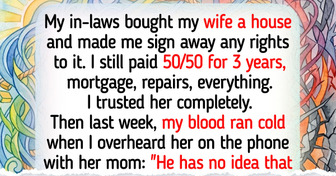
I Refuse to Give My Retirement Savings to My Adult Son—I’m Not Responsible for His Failures
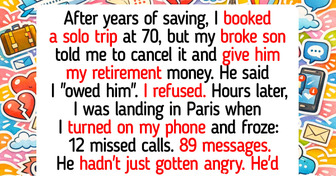
I Refuse to Keep Visiting My Husband’s Family—I’m the Breadwinner, Not Him

I Lost My Job to “Restructuring” and My Severance Disappeared, Then I Turned the Tables

I Refused to Talk to My Parents After They Chose My Ex-Wife Over Me

12 Real Stories That Prove Kindness Saves Us When Everything Else Fails
